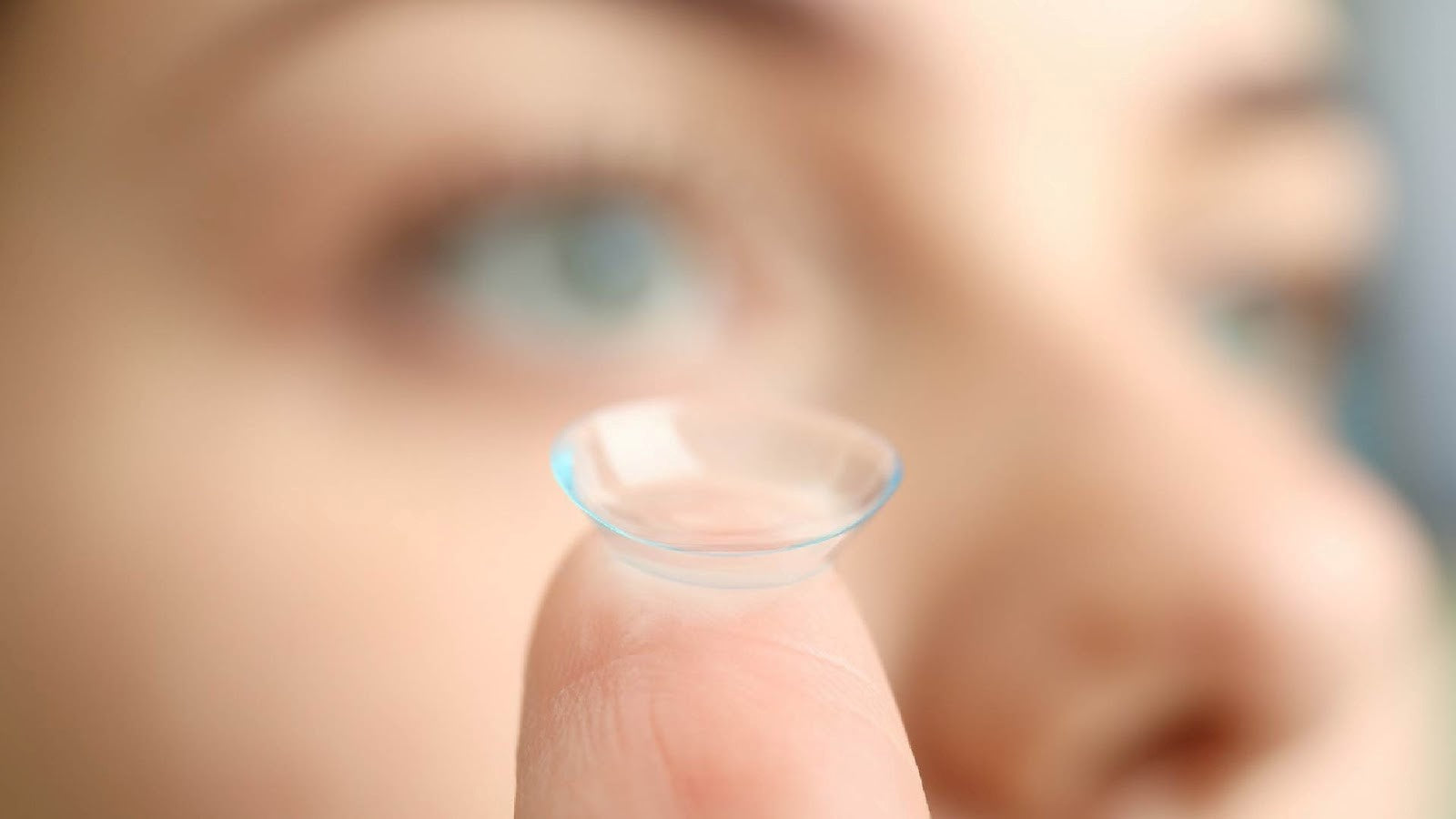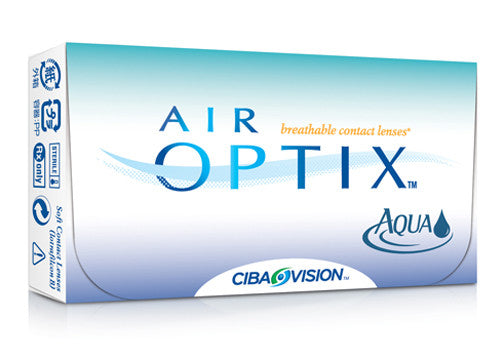
CAUSES OF BLURRY CONTACT LENS
Incorrect Prescription
One of the primary reasons for blurry contact lenses is an incorrect prescription. Vision changes over time, and if your prescription is outdated or incorrect, it can lead to blurry vision when wearing contact lenses. Consult with your eye care professional to ensure your prescription is up-to-date and accurately reflects your vision needs.
Poor Lens Care
Failure to clean and disinfect your lenses properly can result in the accumulation of debris, bacteria, etc. on the lens surface, leading to blurred vision. Follow the recommended lens care instructions provided by your eye care practitioner to maintain clear and comfortable vision.
Protein Build-up
Protein deposits can accumulate on the surface of contact lenses over time, causing them to become cloudy and blurry. These deposits, often derived from tear film proteins, adhere to the lens surface and interfere with light transmission, resulting in diminished vision clarity. Regularly cleaning and disinfecting your lenses can help prevent protein build-up and maintain clear vision.
Dry Eyes
Individuals with dry eyes may experience blurry contact lenses due to insufficient tear production or poor tear quality. Inadequate lubrication can cause the contact lens to adhere to the ocular surface, leading to discomfort and blurred vision. Using lubricating eye drops designed for contacts for dry eyes can help alleviate this dryness.
Allergic Reactions
Some individuals may experience allergic reactions to contact lens materials or lens care solutions, resulting in blurry vision and discomfort. Allergic responses can manifest as redness, itching, and excessive tearing, leading to compromised vision quality. Consult with your eye care professional to identify and address any allergies that may be affecting your contact lens wear.
Environmental Factors
Environmental factors such as smoke, dust, and pollutants can also contribute to why a contact lens is blurry. These irritants can adhere to the lens surface, causing smudges and deposits that impair vision clarity. Minimize exposure to environmental pollutants and maintain good hygiene practices to preserve the quality of your contact lenses.
SOLUTIONS FOR BLURRY CONTACT LENS
Proper Lens Cleaning
Use a multipurpose contact lens solution recommended by your eye care practitioner to clean, disinfect, and store your lenses effectively. Avoid using tap water or saliva to clean your lenses, as these can introduce harmful bacteria and contaminants.
Replace Old Lenses
Over time, contact lenses can accumulate deposits and wear out, leading to blurry vision and discomfort. Replace your lenses as recommended by your eye care professional to ensure optimal vision correction and comfort. Using old or expired lenses can increase the risk of eye infections and other complications.
Consult with an Eye Care Professional
If you experience persistent blurry vision with your contact lenses, schedule a comprehensive eye examination with your eye care professional. They can evaluate your vision and ocular health to determine the underlying cause of your vision concerns and recommend appropriate treatment options.
Use Lubricating Eye Drops
Individuals with dry eyes or discomfort while wearing contact lenses can benefit from using lubricating eye drops. These drops help replenish moisture to the ocular surface, reducing friction and improving comfort and clarity. Choose preservative-free eye drops specifically formulated for use with contact lenses for optimal compatibility.
Consider Daily Disposable Lenses
Daily disposable contact lenses offer the convenience of a fresh pair of lenses every day, eliminating the need for lens cleaning and storage. If you frequently experience blurry vision with your reusable lenses, consider switching to daily disposables to maintain consistent vision clarity and comfort.
Address Allergies
Take steps to minimize exposure to allergens and consult with an allergist or immunologist for further evaluation and management. Allergy medications or desensitization therapy may help alleviate symptoms and improve your overall eye health.
PREVENTION FOR BLURRY CONTACT LENS
Follow Lens Care Instructions
Adhering to best practices, including following a proper lens cleaning guide, is essential for preventing blurry contact lenses and maintaining optimal eye health. Always wash your hands before handling your lenses, avoid sleeping or swimming with your contacts, and replace your lens case regularly to prevent bacterial contamination.
Avoid Environmental Irritants
Minimize exposure to environmental irritants such as smoke, dust, and pollen, which can exacerbate blurry vision and discomfort with contact lenses. Wear sunglasses or protective eyewear when outdoors to shield your eyes from harmful UV rays and environmental pollutants.
Regular Eye Exams
Schedule regular eye examinations with your eye care professional to monitor your vision and ocular health.
Maintain Hydration
Stay hydrated by drinking an adequate amount of water each day to support healthy tear production and maintain ocular hydration.
Conclusion
Blurry contact lenses can be a frustrating and uncomfortable experience, but understanding the preventive measures, underlying causes, and implementing appropriate solutions can help restore clear vision and comfort when a contact lens is blurry. By following proper lens care practices, addressing any underlying eye conditions, and consulting with your eye care professional as needed, you can enjoy crisp and comfortable vision with your contact lenses. Don't let blurry vision cloud your sight – take proactive steps to preserve the clarity of your contact lenses and protect your ocular health.
For those considering switching to daily disposable lenses for enhanced convenience and comfort, consider exploring the collection of daily contact lenses available at Canadian Contact Lenses. Embrace clear vision with daily disposable contact lenses and experience the freedom of hassle-free eye care.
If you want to learn more, why not check out this article below:

































